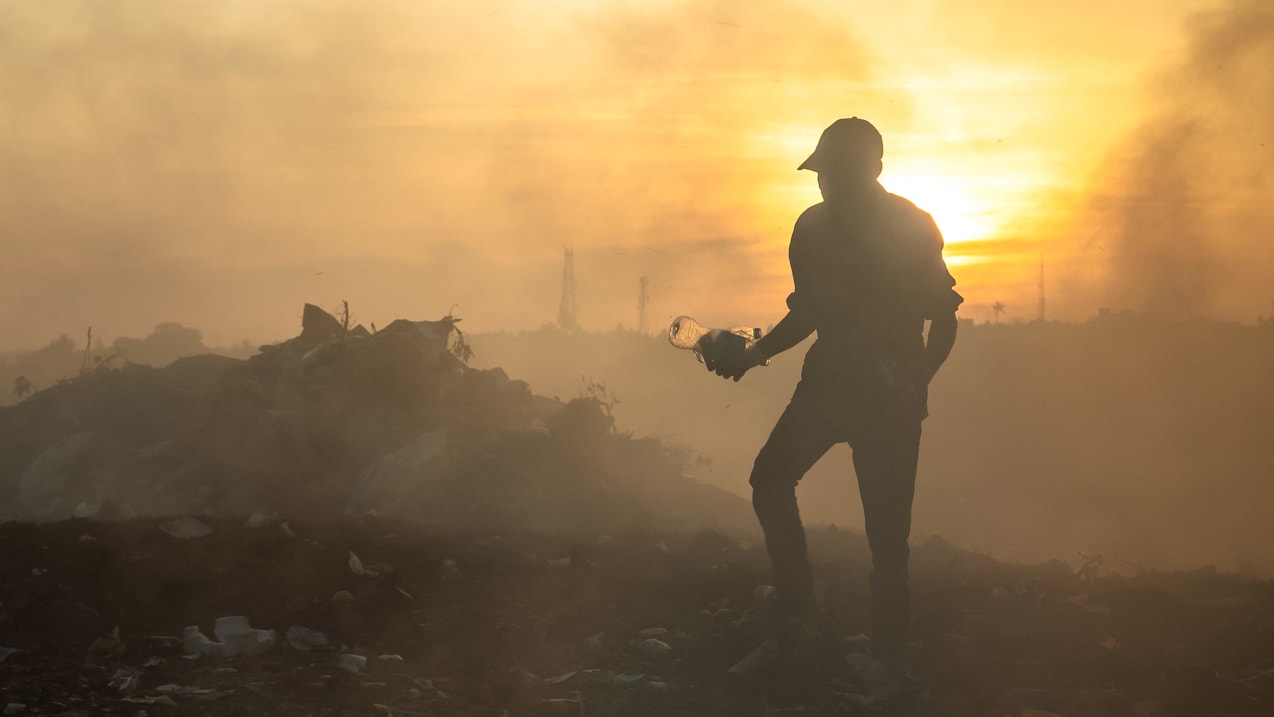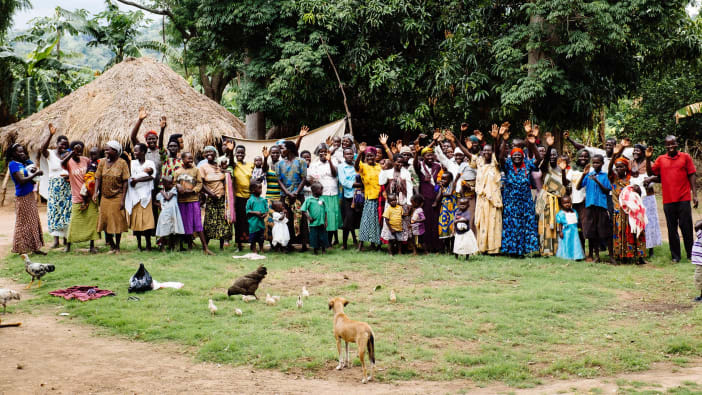Learn about our vision for a world in which both people and the natural world can prosper, and the two key issues we are working on to achieve it: climate and energy, and the circular economy. Browse all our research and policy documents and discover how we work with coalitions, partners, churches and individuals across the world who are taking action and making their voices heard by global leaders.
A vision for change
Over the last 25 years, millions of families around the world have escaped from poverty. However, a billion people still remain trapped, and many others remain vulnerable – just one crisis can drive them back into poverty.
Why is this? Although we have succeeded in economic development, we have failed on environmental sustainability. The changes to the natural world of the last 60 years are unprecedented and are having consequences for the people Tearfund works with today.
We see a way forward. A way to restore balance, to see poverty eliminated and enable everyone to prosper. A way that requires not just the actions of governments, but all of us.
All research and policy on sustainable economy
Climate and energy
Climate change threatens the natural balance of the world. Tackling it is about both the environment and people. It’s about securing a better life for future generations and communities today.
Investing in clean, renewable energy is an opportunity to tackle both climate change and poverty. It’s an injustice that over one billion people do not have electricity and over two billion still use firewood, charcoal and dung to cook, while clean electricity and cooking solutions exist to reduce poverty.






